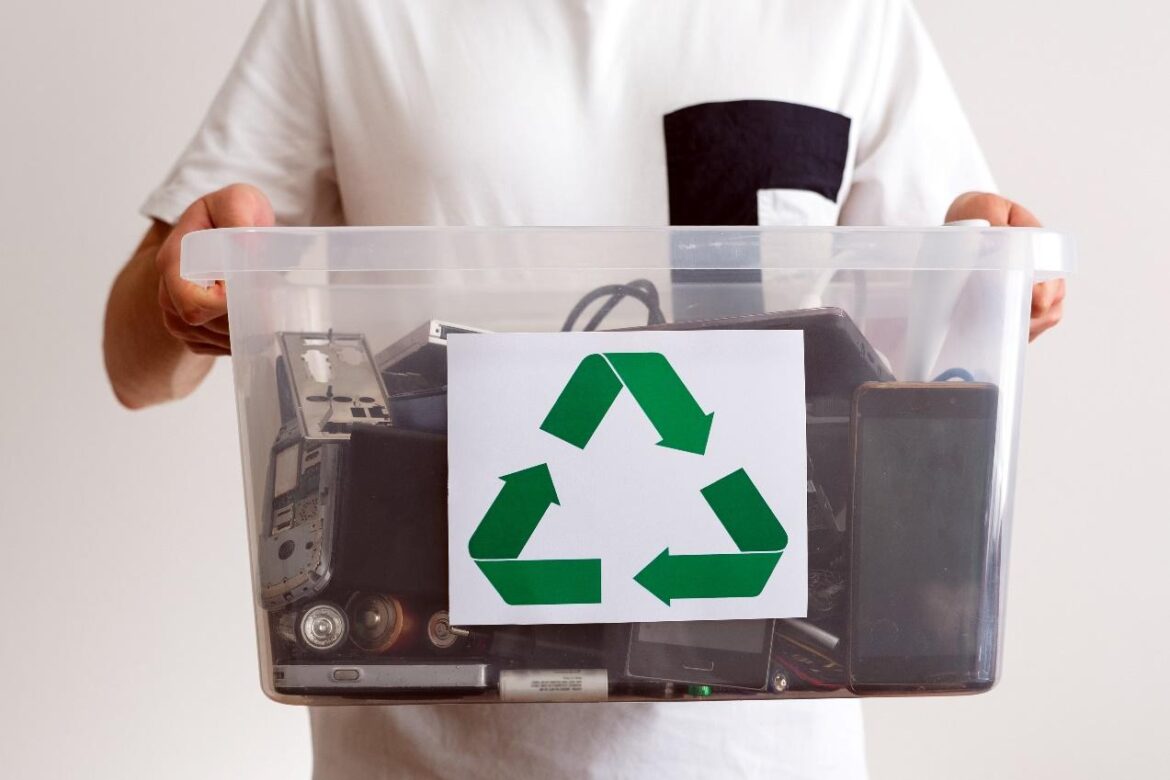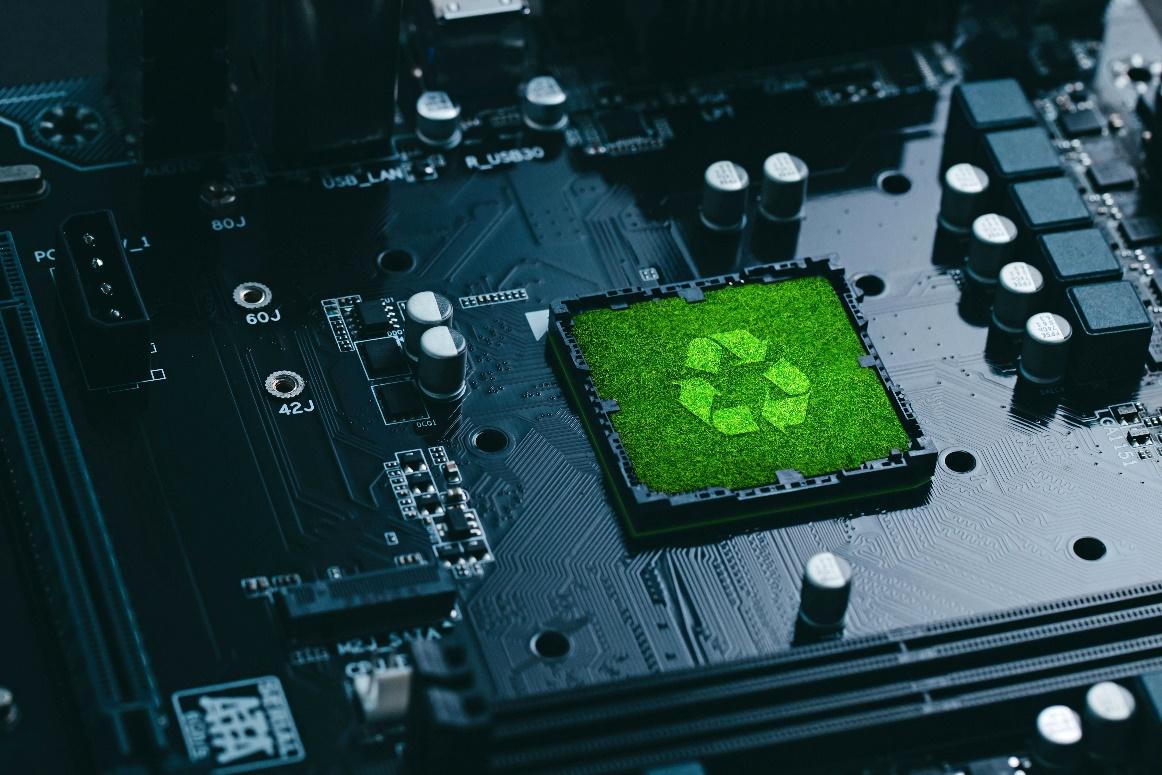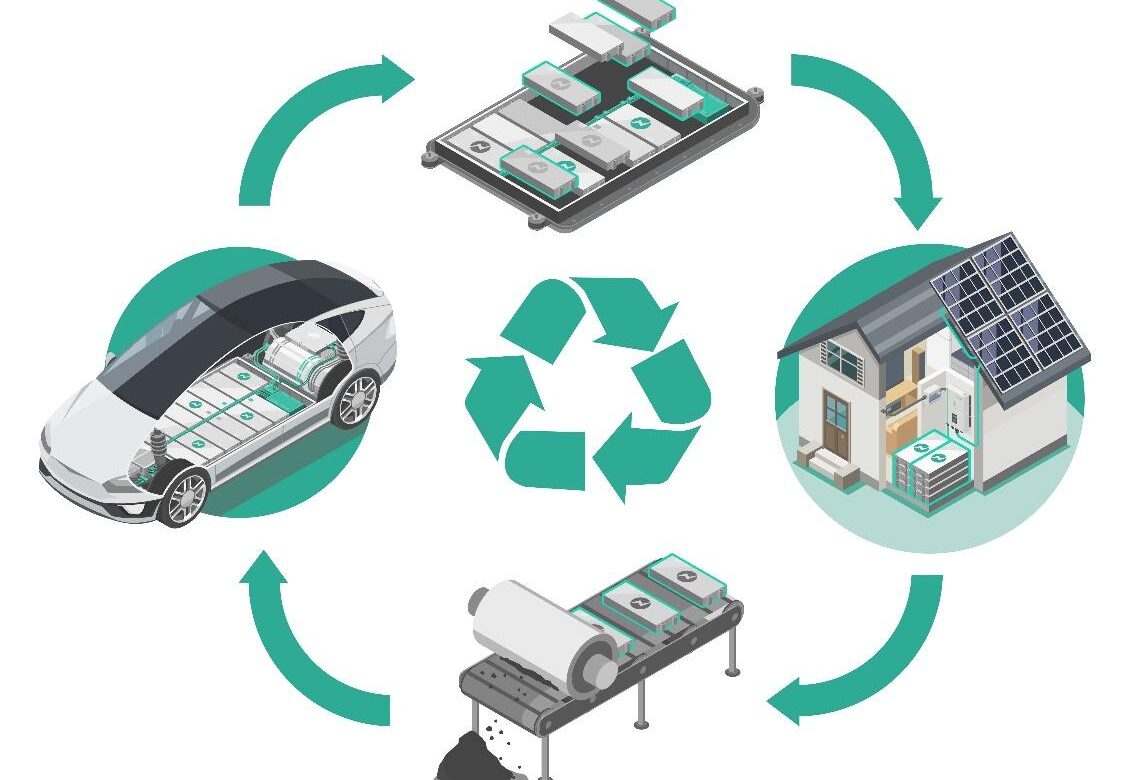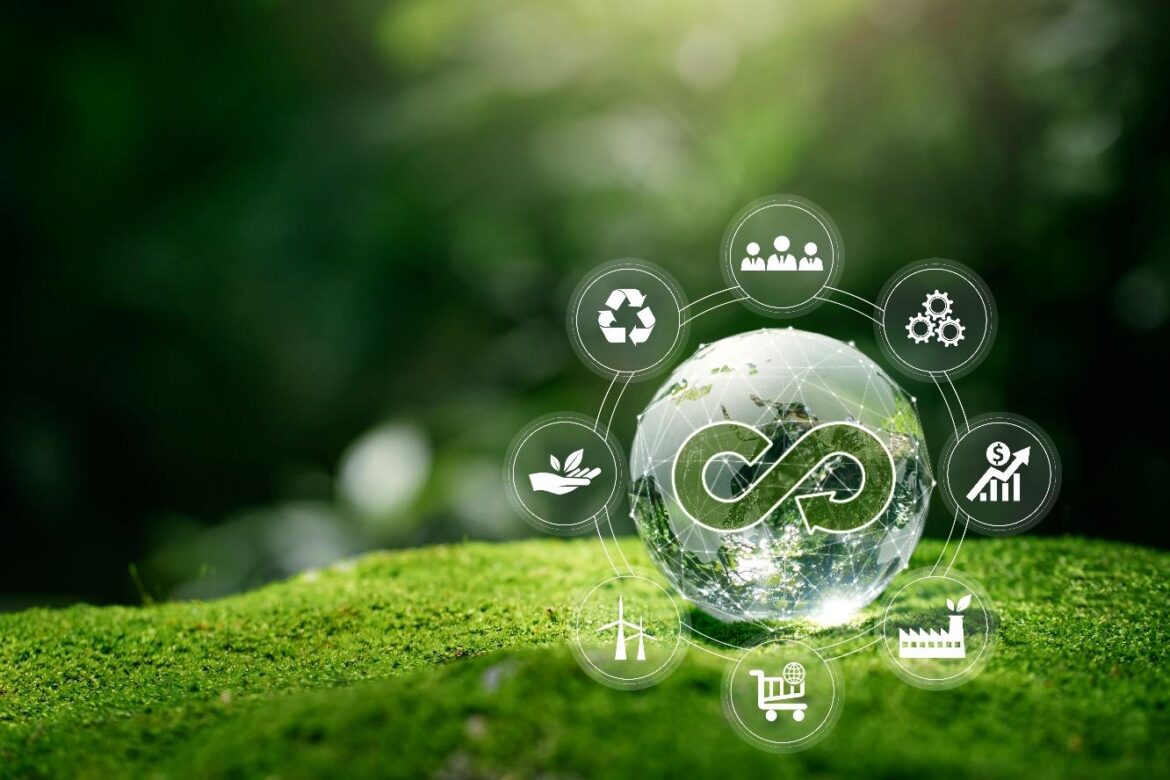In today’s world, where environmental sustainability is a pressing concern, responsible waste management practices like Battery recycling services in UAE play a crucial role. Madenat Recycling stands at the forefront of this movement in the UAE, offering comprehensive solutions that not only dispose of batteries safely but also contribute to a cleaner, greener future.
Importance of Battery Recycling
Batteries contain various chemicals and metals that can be harmful to the environment if not disposed of properly. From lead-acid batteries in vehicles to lithium-ion batteries in mobile devices, each type requires specialized handling to extract valuable materials safely and prevent pollution.
Madenat Recycling’s Approach
- Expertise and Compliance:
Madenat Recycling adheres to stringent environmental regulations and possesses the expertise to handle different battery types safely. Our facilities are equipped with state-of-the-art technology to ensure efficient and eco-friendly recycling processes.
- Environmental Impact:
By recycling batteries, Madenat Recycling significantly reduces the environmental footprint associated with battery disposal. This includes minimizing soil contamination, air pollution from incineration, and water pollution from leaching materials.
- Resource Recovery:
Batteries contain valuable metals like lead, lithium, cobalt, and nickel, which can be extracted and reused in various industries. Madenat Recycling focuses on recovering these resources, thereby conserving natural reserves and reducing the need for mining raw materials.
Services Offered
- Collection and Transportation:
Madenat Recycling provides convenient collection services across the UAE, ensuring that batteries reach our facilities safely and efficiently.
- Sorting and Processing:
Upon arrival, batteries undergo rigorous sorting and processing to segregate different types and prepare them for recycling.
- Recycling and Disposal:
The recycling process includes shredding, separation of components, and extraction of metals through environmentally responsible methods.
- Certification and Compliance:
Madenat Recycling issues certificates of recycling to clients, ensuring transparency and compliance with local and international standards.
- Promoting Awareness
Beyond our operational excellence, Madenat Recycling actively engages in community outreach and educational programs. We raise awareness about the importance of battery recycling, encouraging individuals and businesses to participate in preserving the environment for future generations.
Conclusion
Madenat Recycling’s commitment to Battery recycling services in UAE reflects our dedication to sustainable practices and environmental stewardship in the UAE. By choosing our services, individuals and businesses not only fulfill regulatory requirements but also contribute to a cleaner, healthier planet.
For those looking to make a positive impact through responsible battery disposal, Madenat Recycling stands as a trusted partner in promoting a sustainable future for all.






